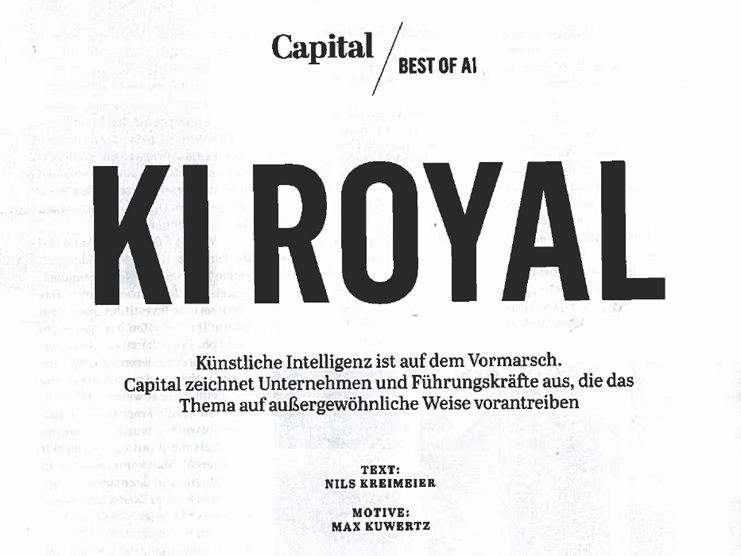
Trump’s victory in the U.S elections made it more evident than ever that social media and platforms shape public opinion, political engagement and even electoral outcomes. Focusing on interdisciplinary approaches from the social sciences, computer science and psychology, she is now joining the “Digital Democracy and Participation” research group as part of the SOSEC project. First two rounds, and trips, done of our International Seminar with Politecnico of Milano
More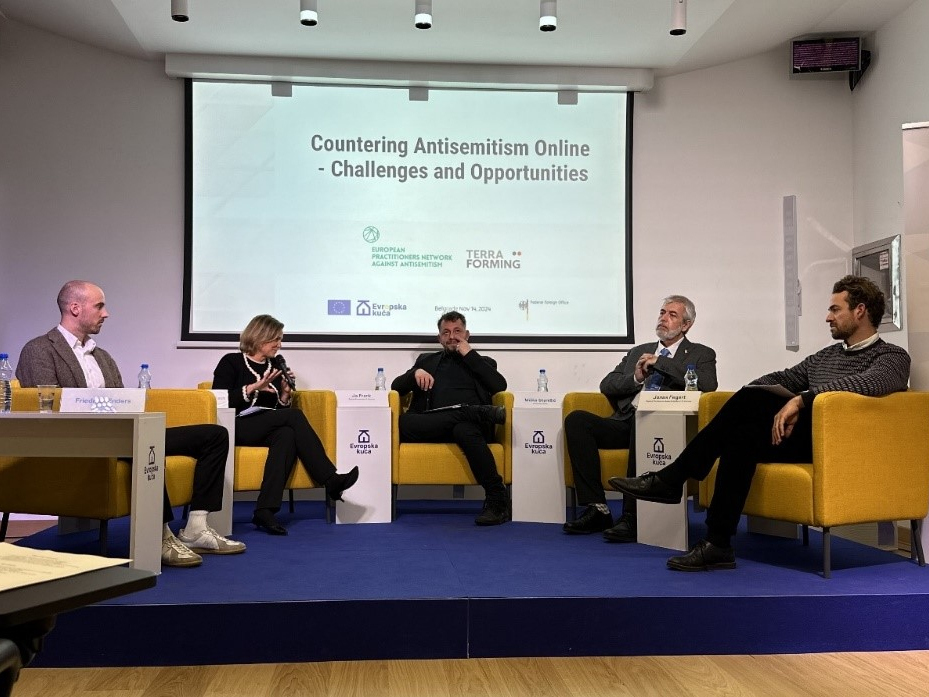
How does antisemitism appear on social media? What is the role of platform operators when it comes to the moderation of hateful content? And how to counter antisemitism online?
These were only some of the questions discussed during DialoguePerspective's European Practitioners Network Against Antisemitism meeting in Belgrade this November. In a number of input sessions and workshops participants exchanged the challenges and developed possible solutions, with a focus on intersectionality and younger generations.
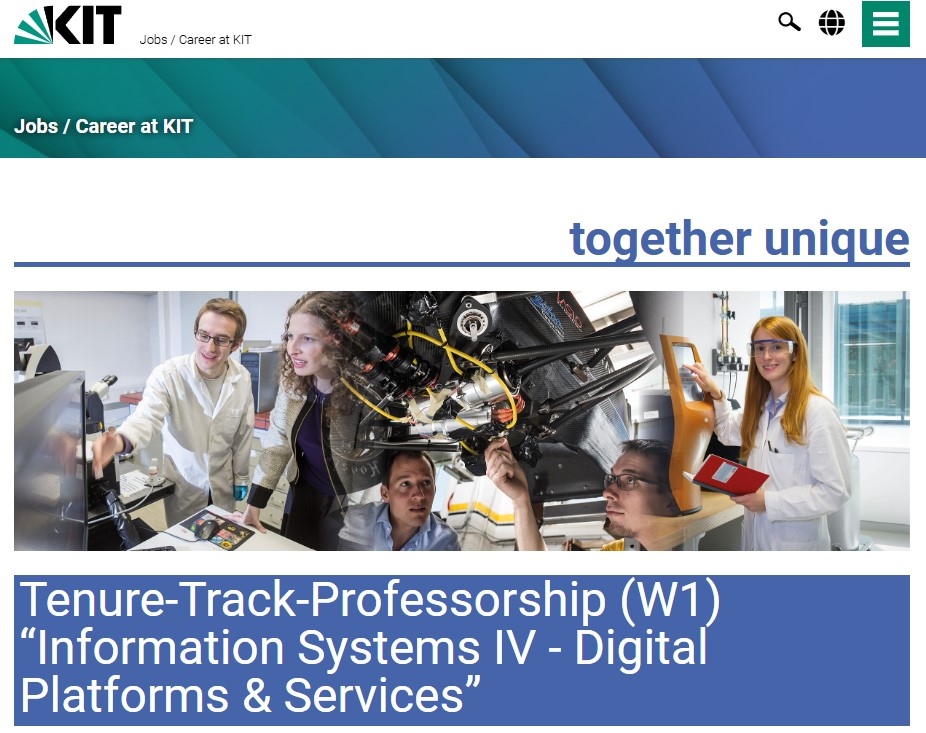
We are looking for an internationally recognized personality in an early phase of their academic career with potential for outstanding research work in the field of information systems. The Tenure-Track-Professorship focuses on the socio-technical understanding and design of sustainable digital platforms and services. A strong emphasis on (Gen)AI methods and technology research is desired. The Tenure-Track-Professorship applies empirical and design-oriented research methods and promotes social acceptance.
Further information is available here: https://www.pse.kit.edu/english/karriere/joboffer.php?id=164610
More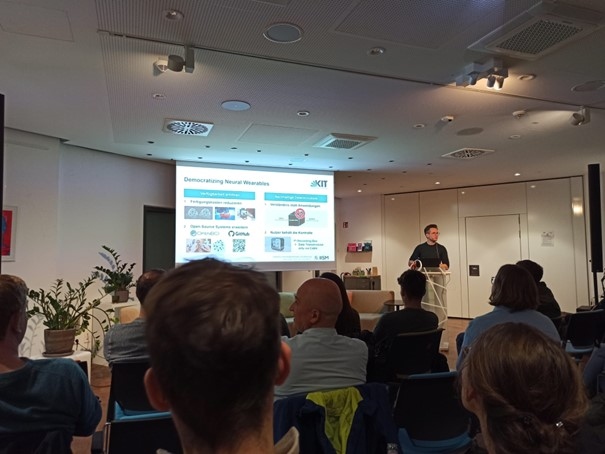
At the 1st Night of Biosignals on Friday November 15th, organized by the Fachausschuss Biosignale of the VDE and IBT at KIT (Axel Loewe, Silvia Becker, & Co. – https://nacht-der-biosignale.de/), we had a fantastic time showing how we use biosignals in our research. The “we” in this case were members from our institute and research training group KD2School.
More-1_cut_rdax_1024x768_98p.jpg)
The KD2School Adaptive Systems Talks are an open-to-the-public Christmas event hosted by the KD2School. This year’s topic is:
Biosignals to Bytes – Human Cognition Meets AI Evolution
Featuring talks from Prof. Kopp (University of Bielefeld), Prof. Wilson (University of Nottingham), and Dr. Debus (KIT), a panel discussion, poster slam, and interactive demonstrations.
We’d like to invite researchers, students, and everyone else who is interested to an engaging and thought-provoking evening in the cozy atmosphere of TRIANGEL Open Space (Kaiserstr. 93, Karlsruhe) on December 2, 2024, from 17:00 to 22:00.
More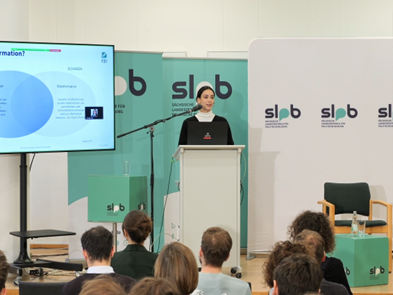
Isabel Bezzaoui gave a talk on the recognition of disinformation at the event “AI and democracy: between doom and the expectation of salvation” organized by the Saxony State Institute for Political Education.
In the context of DeFaktS, the question arises as to how disinformation can be classified as such in the first place and what role AI plays in this process.
More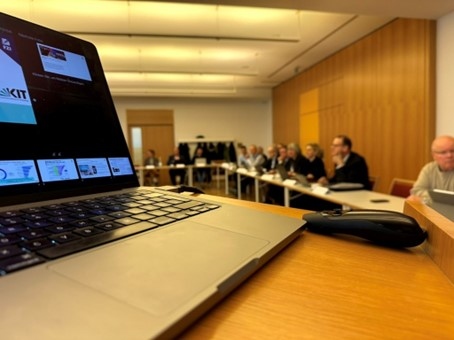
How is AI changing the way we deal with disinformation? And how will we differentiate between truth and fake in the future? KIT professor Dr. Christof Weinhardt addressed these questions at an interactive workshop last Tuesday.
More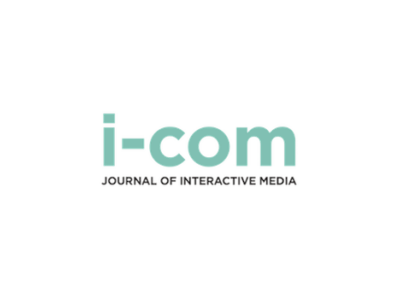
Trump’s victory in the U.S elections made it more evident than ever that social media and platforms shape public opinion, political engagement and even electoral outcomes. What role does social media play in shaping public opinion on divisive issues? If your research examines the impact of social media on political movements, public discourse, or broader societal trends, we encourage you to submit your paper.
More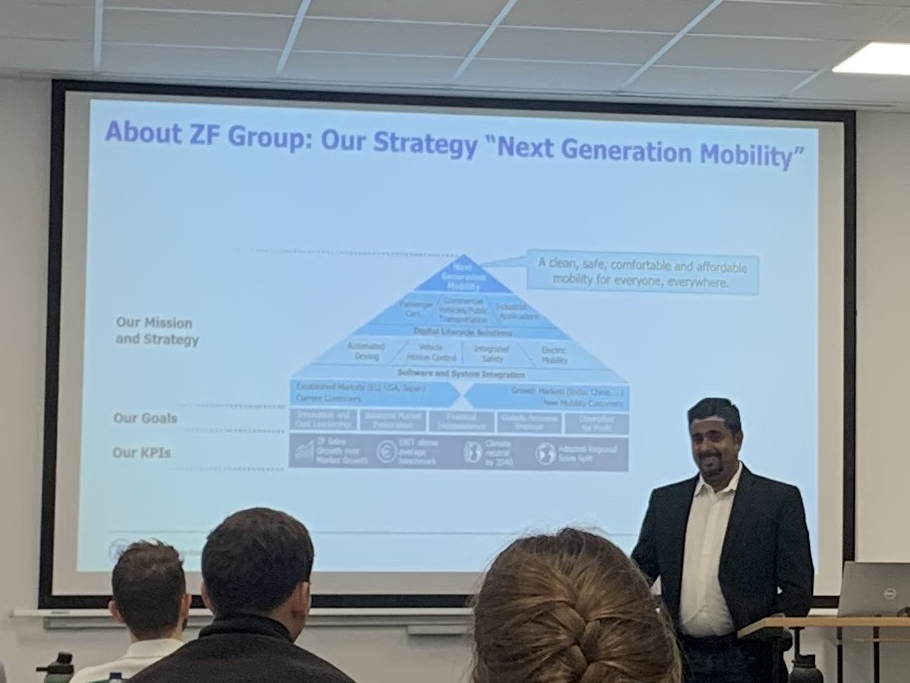
Organized as a block lecture over 2 days, Prof. Weinhardt conducted thought-provoking discussions on AI, addressing fears of students on the state the future of jobs. Students participated in interactive group cases & practiced strategizing throughout the lecture. The course will continue with exciting case study challenges and insights from data experts from industry and academia (Redwan Hasan, HEC Lausanne & Center for Data Quality, Rico Knapper, Chief Digitalization Officer, Starteam Global) 29.11.2024 & 13.12.2024
More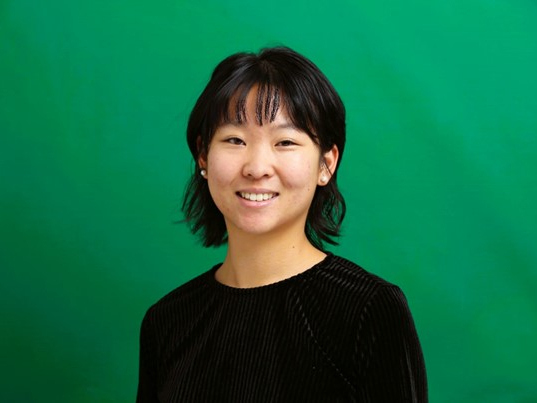
New Team Member: Ina Ni Ina obtained her master’s degree in Computational Social Systems from RWTH Aachen University. Focusing on interdisciplinary approaches from the social sciences, computer science and psychology, she is now joining the “Digital Democracy and Participation” research group as part of the SOSEC project.
More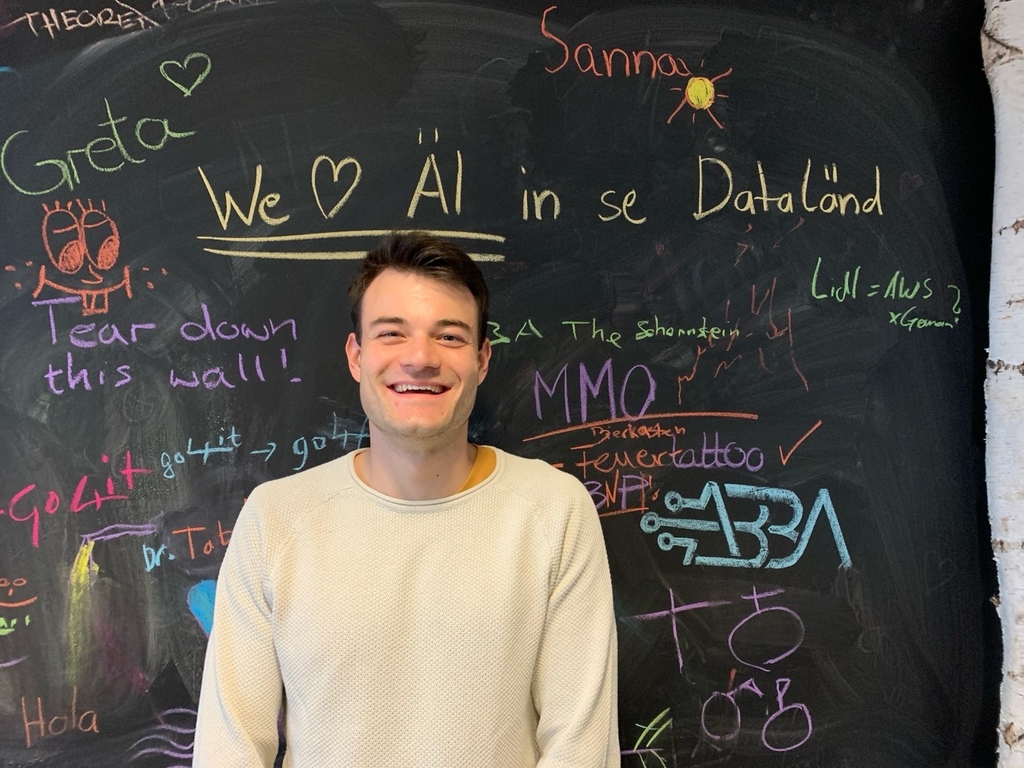
New Team Member: Lukas Schick Lukas completed his master thesis at the University of Tübingen and Porsche AG, where he analyzed and classified driver interventions during automated driving. Lukas is also a member of KD2School.
More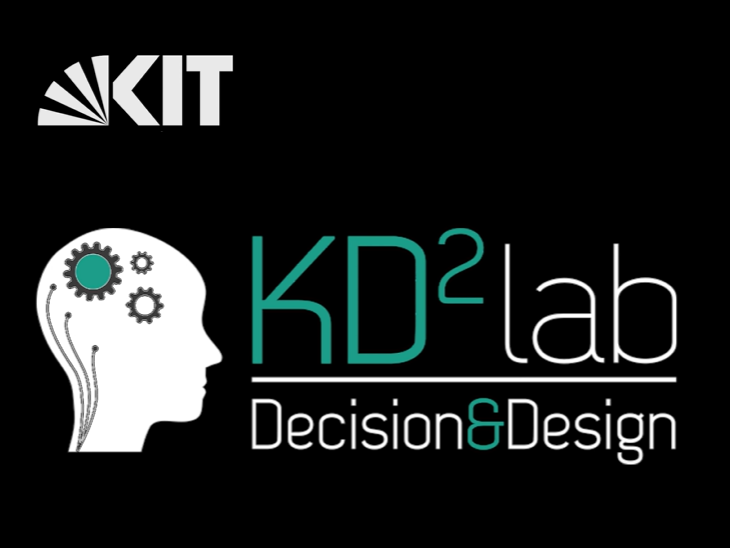
Suport Science and Earn Money Playing With the start of the semester the KD2Lab offers the doubled chance to win 50€! Everyone who registers until Nov 17th is part of the raffle. For more information visit www.kd2lab.kit.edu
More